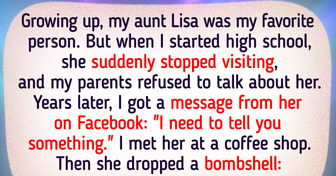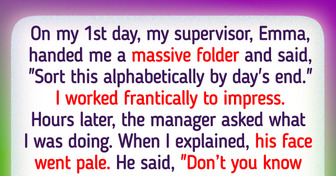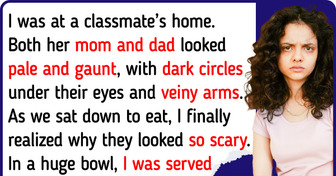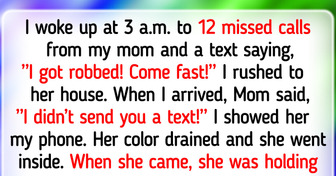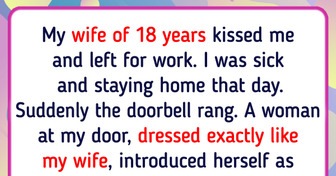“Does Not Look Good,” Pamela Anderson Changes Her Signature Style, People Notice One Thing

Tantrums, anxiety, difficulty expressing emotions, and low self-esteem—sometimes, without meaning to, parents can pass these struggles onto their children. When emotional needs are overlooked or minimised, it can leave a lasting impact. As kids grow, they may begin to doubt themselves, feel overwhelmed, and face challenges in building healthy relationships.
The Bright Side team decided to explore this topic to help our readers better understand their inner world. Gaining insight into the roots of our fears and anxiety can be a powerful step toward healing, and ultimately, creating a more fulfilling life.
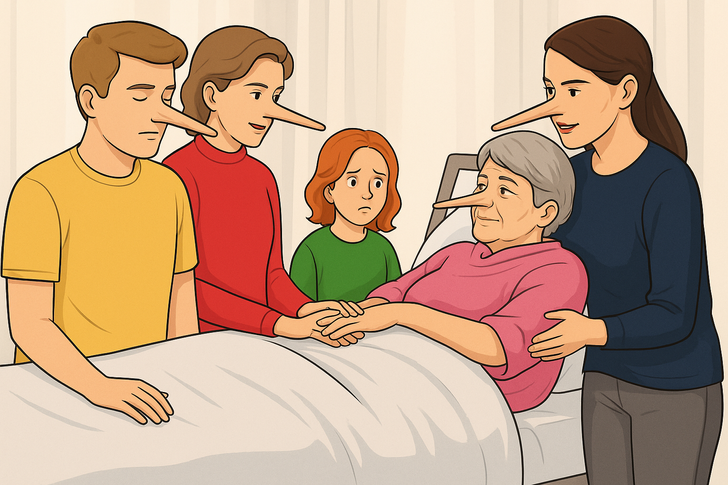
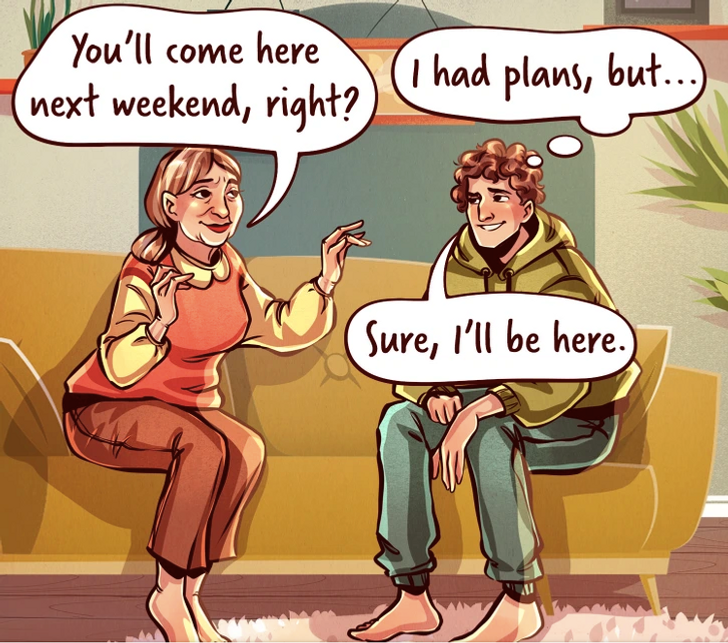
It’s not uncommon for toxic family dynamics to involve subtle forms of manipulation as a way to maintain control. Over time, this behaviour — though it may seem routine — can cross the line into emotional abuse. It can lead to a growing sense of mistrust toward others and make it difficult to form close, healthy relationships. Constant manipulation can also cause people to withdraw or avoid certain situations altogether as a way to protect themselves.
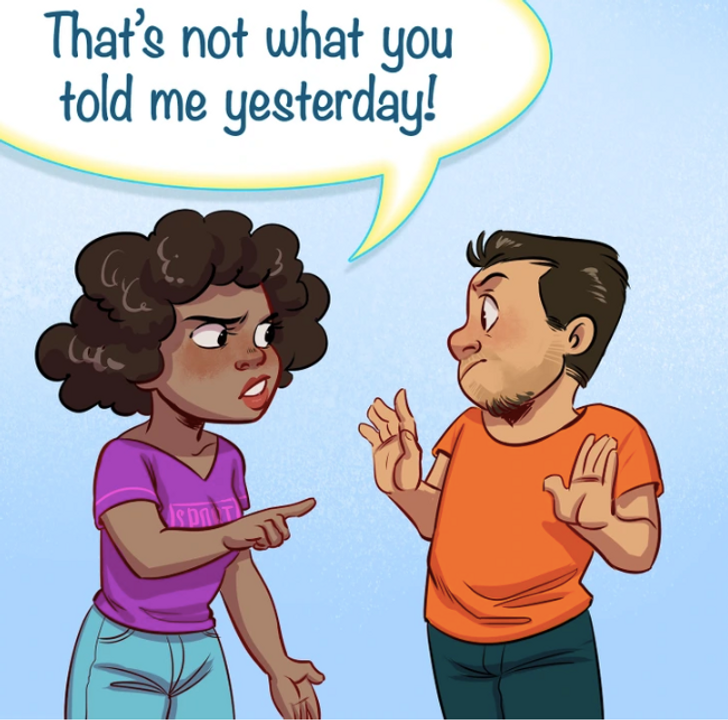
Growing up in a tense environment filled with manipulation or emotional harm can leave lasting effects. In some cases, parents may not have been able to offer the support a child truly needed. In others, someone might grow up feeling like they always have to be on edge, ready for something to go wrong. Over time, this constant state of alertness becomes hard to let go of, making it difficult to trust others or open up emotionally.
Attachment struggles can be especially challenging. When someone has been repeatedly exposed to emotional or physical abuse, neglect, or mistreatment, it shapes their understanding of relationships. They may find it hard to recognize what a safe, supportive connection looks like. Deep down, they might always be bracing for someone to overreact, make harsh demands, place blame, or eventually disappoint them.

Children raised in toxic environments often grow up feeling as though they’re never quite enough — or, even worse, that they’re somehow unworthy. When parents place constant, unrealistic demands on them and respond with blame or disappointment, it can deeply affect how a child sees themselves. Over time, this can lead to low self-esteem and a diminished sense of self-worth. As a result, even small mistakes or setbacks can feel overwhelming, sometimes triggering intense emotional reactions.

A strong sense of family esteem plays a vital role in our mental well-being. It’s just as essential as feeling loved and having a sense of belonging. When the relationship between a child and their parents is unhealthy or abusive, it can deeply affect the child’s inner world — shaping their identity and self-worth in harmful ways. Over time, this emotional strain can lead to struggles with anxiety, low self-esteem, and even depression.

Low self-esteem, shaped by a toxic upbringing, can make a child feel unintelligent, unworthy, and undeserving of something better. In almost everything they do, they may second-guess themselves, hesitate, and engage in constant self-criticism. Over time, they come to believe they’re somehow less than others — a belief that causes ongoing emotional pain. Without the right emotional support, it becomes incredibly hard for them to shift this mindset or begin to heal.

When parents are verbally or physically abusive, they often disregard their children’s emotional needs. In some cases, when children try to express how they feel, it only leads to more mistreatment — teaching them that vulnerability is unsafe. As a result, many children learn to hide their pain, anger, and resentment. Over time, they may begin to put others’ emotions ahead of their own, believing their feelings don’t matter.
This emotional suppression can deeply affect a person’s sense of identity. It becomes difficult to understand who they truly are, what they feel, or what they want from life. Without that inner clarity and a foundation of emotional connection, they may struggle to grow in areas that matter most to them — held back by lingering uncertainty and a sense of emotional disconnection.
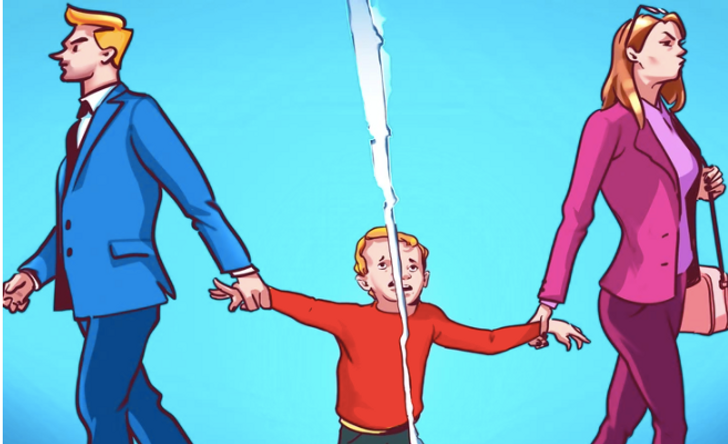
Toxic parents may struggle to recognize and respect their child as an individual — even as the child grows into adulthood. Instead of supporting their independence, they may continue to treat them as if they’re incapable or in constant need of guidance. This need for control can be paired with guilt tactics, where any pushback is met with hurt or offense, making the child feel responsible for their parent’s emotions.
When a child isn’t given space to make their own choices, has their privacy disregarded, or doesn’t feel seen as an independent person, it can take a toll on their mental well-being.
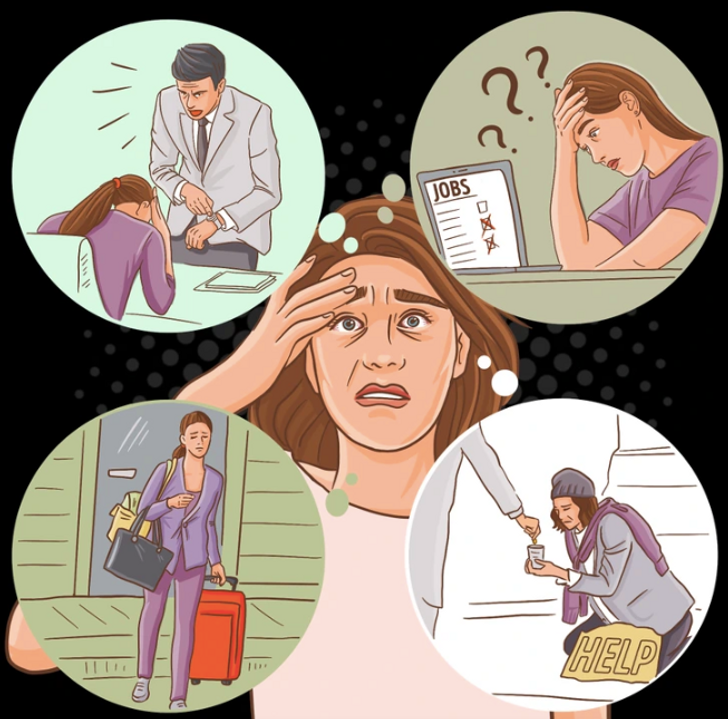
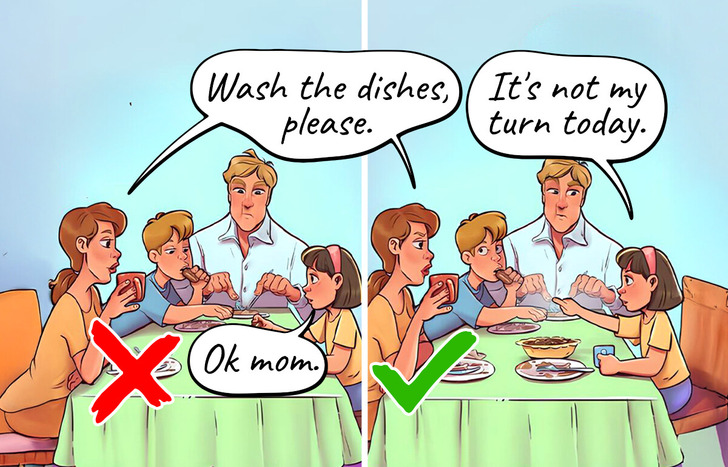
If your default response was to agree and comply—without being allowed to express disagreement—it might be a sign you were raised to be submissive. This kind of environment can make obedience feel like the only safe option. As an adult, it can lead to people-pleasing, difficulty setting boundaries, and staying quiet even when your needs aren’t being met.
Children who grow up in toxic family environments are at a higher risk of developing anxiety disorders. Constant instability, emotional or physical mistreatment, and a lack of safety can deeply affect a child’s sense of security. As a result, these children may struggle with concentration and often feel overwhelmed by emotions like worry, irritability, restlessness, and tension. Anxiety becomes their way of coping in a world that hasn’t felt safe or predictable.
Have you noticed any of these patterns in your own family? Have you personally experienced any of these signs? Feel free to share your thoughts and stories in the comments — your voice might help someone else feel a little less alone.

